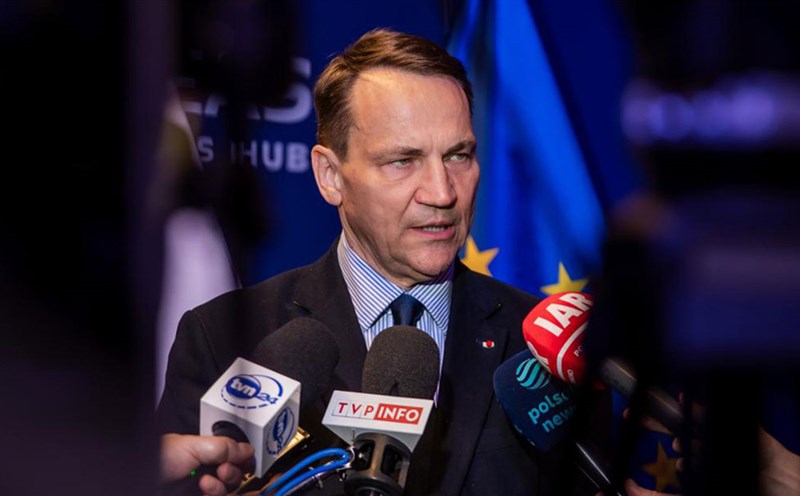On November 9, a Russian opposition activist arrested in Poland and set to be tried next month admitted to being an undercover agent for the Russian Federal Security Service (FSB) and providing information about other opposition figures. This information is stated in court documents.
The suspect is Igor Rogov, 30, who has been linked with several opposition movements in the Russian city of Saransk, including Alexei Navalny's Anti-Corruption Fund and Mikhail Khodorkovsky's Open Russia organization.
According to court documents, Rogov and his wife left Russia in 2021. They received Polish visas and arrived in the country just days after the outbreak of the Ukrainian conflict, settling in the city of Sosnowiec.
Rogov was arrested by Polish authorities in the summer of 2024, initially on suspicion of involvement in a package containing explosives.
The arrest comes as Poland faces a wave of sabotage attacks such as arson, allegedly led by Russian intelligence. After that, Rogov's wife,ettel Rogova, was also arrested. Both were accused of collaborating with the FSB to provide information about other Russian opposition activists.
Poland has arrested many people for sabotage allegations in the past two years, but many of them are Polish, Ukrainian or Belarusese citizens recruited via Telegram for one-time payment jobs.
Rogov's case is unusual because he is a Russian citizen and appears to have had a direct, long-term relationship with the FSB for years.
The documents show a long history of cooperation. Rogov told investigators that he had been approached by the FSB for several years while in Russia and was forced to penetrate a local branch of an opposition movement. He was given a private security phone and SIM to communicate.
As the partnership "adesged to a higher level", he held face-to-face meetings at a non-mscribed apartment near the local FSB headquarters and began receiving money for the partnership.
According to the indictment, Rogov told his wife that he had been recruited by the FSB. His wife also stated that her husband "may have received the money for this, because he didn't go to work at that time but still had the money".
Later, when in Poland, Rogov asked his wife to help him transfer a encrypted USB card to the contact point. This USB card contains reports of Russian activists and others in Poland that the FSB may be interested in. He hid the USB in a package with souvenirs from Poland and gave his wife an address to send.
The incident became even more ironic as Poland has tightened visas to Russia since 2022. The country is only a exception for humanitarian cases or those with a history of illegal activities such as Rogov. The first trial of Rogov and his wife is scheduled to take place on December 8.











